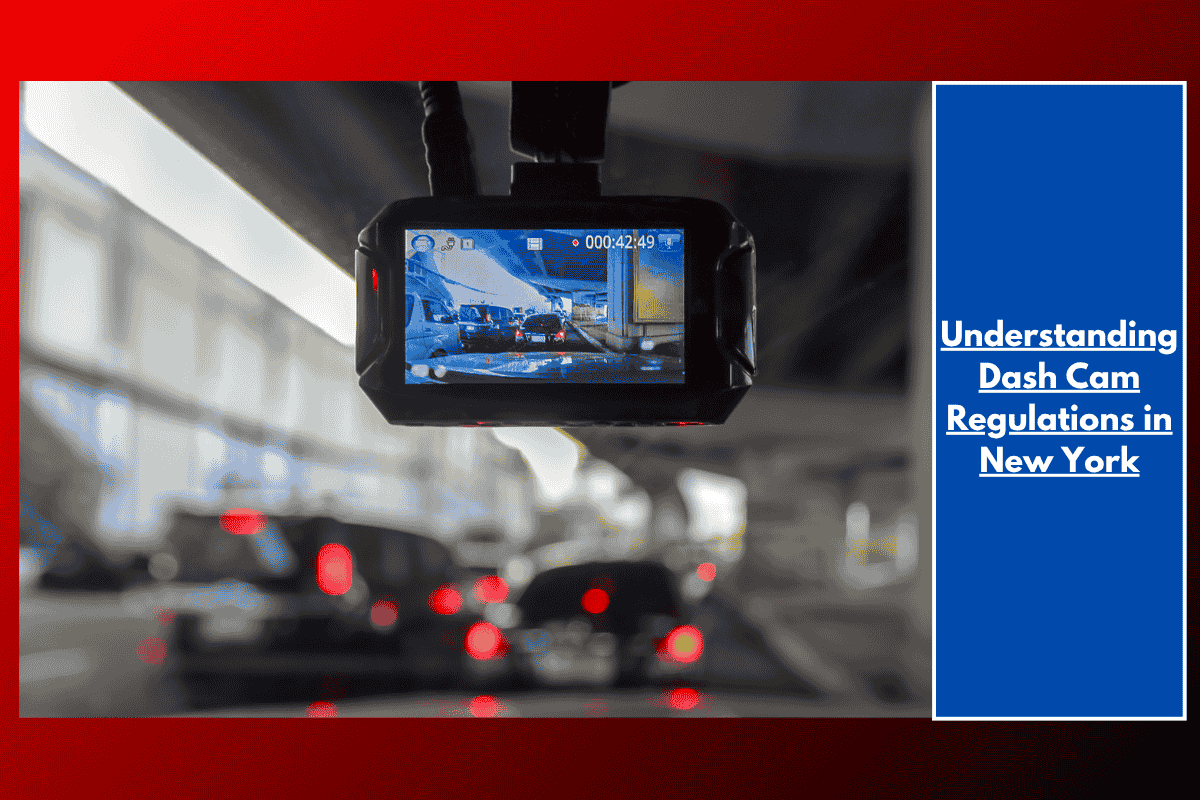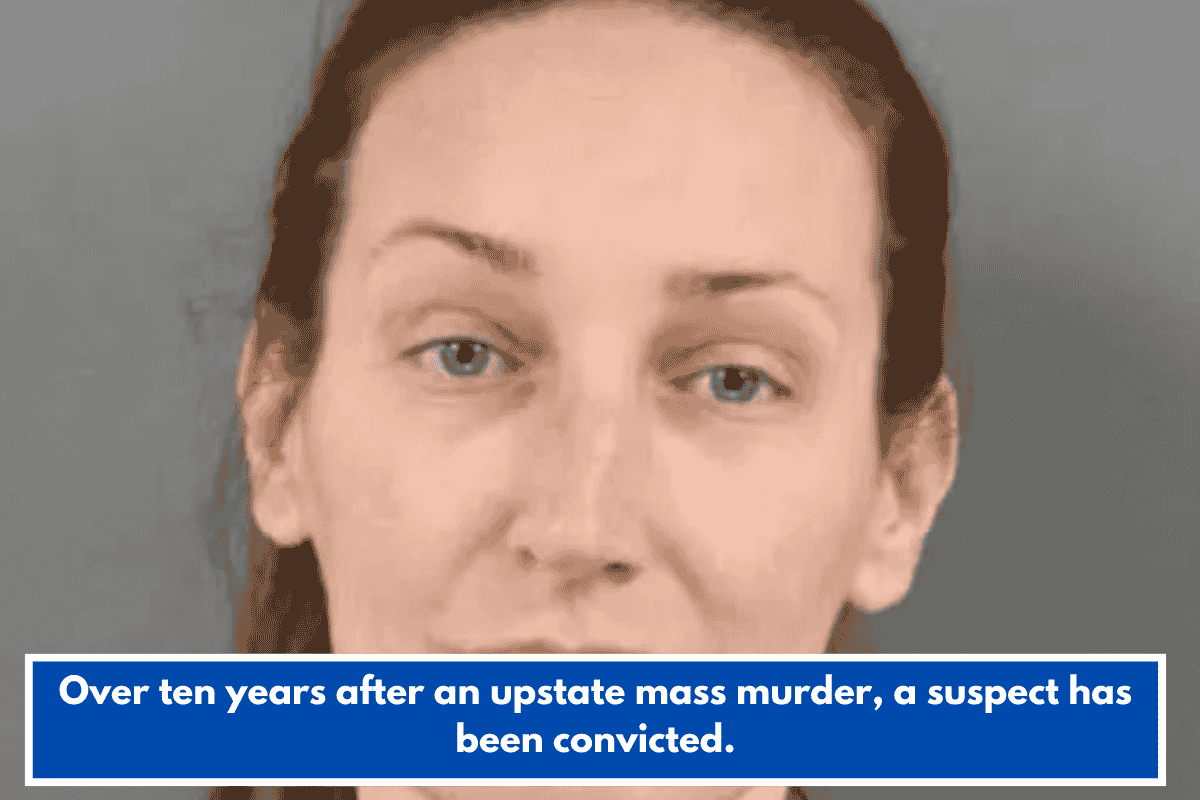Dash cams have become an essential tool for drivers, providing an extra layer of security and helping document events on the road. However, it’s important for drivers in New York to understand the legal guidelines surrounding the use of dash cams to avoid potential issues. Here’s a breakdown of what you need to know about dash cam regulations in New York.
Are Dash Cams Legal in New York?
Yes, dash cams are legal in New York. There are no state laws prohibiting the installation or use of dash cameras in vehicles. Many drivers use them for a variety of reasons, including documenting accidents, capturing road rage incidents, and providing evidence for insurance claims or legal matters.
Placement of the Dash Cam
While dash cams are legal, their placement in the vehicle is important. In New York, as in many other states, the dash cam should not obstruct the driver’s view of the road. The New York Vehicle and Traffic Law requires that no object, including a dash cam, should impair the driver’s ability to see the roadway or traffic signals.
To avoid violating the law, it’s best to mount your dash cam on the windshield, typically at the top of the windshield, behind the rearview mirror. This placement ensures that the camera does not obstruct the driver’s line of sight while also providing an effective recording angle.
Privacy Considerations
When using a dash cam, it’s essential to be mindful of privacy laws. In New York, as well as in most other states, recording video or audio in areas where there is a reasonable expectation of privacy can raise legal concerns. For instance:
Interior Recording: If your dash cam records inside the vehicle, especially if it captures passengers, it’s advisable to inform them that they are being recorded. New York has one-party consent laws, meaning that you can record audio as long as one person involved in the conversation (including yourself) is aware of the recording. However, capturing private conversations without consent could lead to legal trouble.
Public Spaces: While recording outside the vehicle (e.g., capturing traffic incidents), there is generally no expectation of privacy. However, make sure that the dash cam’s recordings are used appropriately, as improper use (such as sharing sensitive or private content) could violate privacy rights.
Dash Cam Footage in Court
Dash cam footage can be used as evidence in court or insurance claims if an accident occurs. However, the footage must be authenticated as genuine and accurate. In legal proceedings, the chain of custody for the footage should be preserved, and the video should be free from tampering.
Speed and Traffic Laws
If a dash cam is used to record traffic violations, such as speeding or running a red light, it is important to understand that the footage cannot be used as legal proof of a violation unless it was captured by law enforcement or under appropriate circumstances. For example, footage of a driver violating a traffic law may be useful for insurance claims but would not automatically result in a legal charge against the violator unless the authorities investigate and use it as evidence.
Key Takeaways
Dash cams are legal in New York, but the device should not obstruct the driver’s view.
Privacy laws should be considered, especially regarding interior recordings.
Footage from dash cams can be used as evidence in court, but proper handling and authentication are essential.
Ensure that the dash cam is mounted properly to avoid blocking the driver’s view of the road.
SOURCES
[1] https://www.douglasandlondon.com/car-accident-lawyers-nyc/can-dash-cam-video-be-used-as-evidence-in-new-york/
[2] https://porterprotects.com/why-should-new-york-drivers-own-a-dash-cam/
[3] https://friedmanlevy.com/practice-areas/new-york-car-accident-lawyer/can-video-from-a-dash-cam-be-used-as-evidence-in-new-york/
[4] https://www.expertmarket.com/dash-cams/dash-cam-laws-by-state
[5] https://www.ddpai.com/blog/dash-cam-laws/














